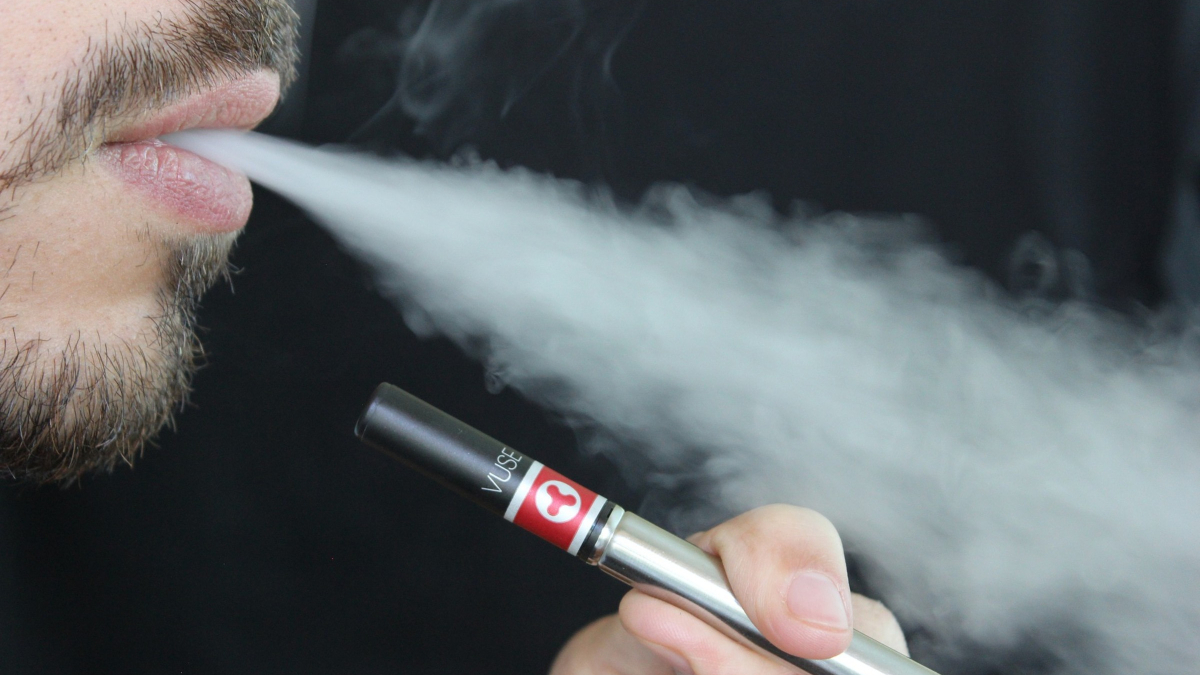Daniel Anderson of Derby, Kansas, was working at his job in a warehouse on February 9, 2016, when his pocket containing a lithium-ion battery “suddenly and without warning exploded and caught on fire.”
“Nobody thinks twice about putting a battery in their pocket… that’s the first place it’s going to go,” said Mr. Anderson’s lawyer, Dustin DeVaughn.
According to the lawsuit filed by Mr. DeVaughn, his client bought the battery from Big E’s Vapor Shop on February 6, 2016, to use as a backup for his e-cigarette device. He was carrying the battery in his pocket together with car keys and change when the explosion happened.
“It ignites like a bomb,” Mr. DeVaughn said.
The lawsuit states the cause of the explosion was ‘thermal runaway,’ a destructive phenomenon which occurred after “an external short (on the battery) that resulted from contact with metallic objects.” The battery Mr. Anderson bought from Big E’s Vapor Shop “had no warnings or instructions concerning the risk of explosion or fire if the battery came into contact with conductive objects.”
“There are many other consumers out there that have been very severely injured just like him. Although Daniel was able to get the fire out, he suffered second and third-degree chemical and thermal burns to his left leg from thigh to the shin, and second-degree burns to his fingertips and hands,” said Mr. DeVaughn. In addition to other medical procedures, Mr. Anderson required skin grafts. He was out of work for 16 weeks, losing over $13,000 in wages and incurring medical bills in excess of $109,000.
“The burn to my leg has changed my life. I can no longer physically function the way I used to.” Mr. Anderson is seeking damages in excess of $75,000 from Big E’s Vapor Shop and the battery’s distributor, Oklahoma-based VapeUSA Corp.
According to K.M. Abraham, a pioneer of the Li-ion battery and a professor at Northeastern University, “the failure rate for lithium-ion batteries is less than one in a million.” The FDA recommends keeping loose batteries inside a case to prevent them from coming into contact with metal objects and short-circuiting.


